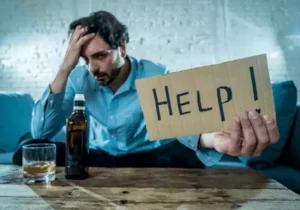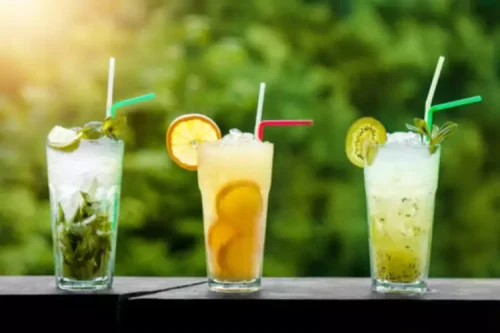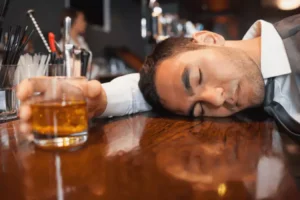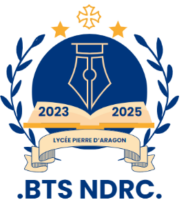
The best way to avoid these triggers is by creating a structured routine that keeps you busy without feeling stressed. A healthy routine includes a strong support system, a sober living environment, and healthy internal vs external triggers activities. Developing self-awareness, honing coping skills, and utilizing support systems are effective strategies for managing relapse triggers after exploring relapse and its coping strategies.
- For example, a news report covering a trauma similar to what you experienced might trigger symptoms of PTSD.
- It becomes easier then to develop strategies for overcoming these challenges and maintaining your progress in recovery.
- It is important to recognize these triggers and take steps to avoid them.
Stress as a Powerful Internal Trigger
Internal relapse triggers get less attention than external factors, but they can be just as powerful. These triggers are the thoughts and feelings you have that can cause a desire to return to use. While negative feelings are known to be triggers, it’s important to know that positive feelings can be as well.
Chronic Physical Health Conditions
Well, think of them as road signs pointing toward potential relapse risks. By understanding your personal triggers, you gain invaluable insight into what may lead you down an unhealthy path again. It becomes easier then to develop strategies for overcoming these challenges and maintaining your progress in recovery. It’s important to recognize relapse triggers as you recover from addiction. These desires often come from certain triggers, such as the people you surround yourself with and the feelings you experience. By creating a plan, individuals can identify their triggers and cravings, and develop strategies to manage them.
Social Media

This can be anything from certain social situations, responsibilities, and even specific places that trigger your desire to use again. You can do this process on your own, but working with a mental health professional can be helpful. Your therapist can help you figure out your triggers and come up with a plan for how to deal with your PTSD symptoms.
It’s important to recognize when your thoughts are leading in a direction that could make sobriety more difficult. Some things may be more difficult, such as disassociating from friends you used to use substances with. Triggers can be powerful because they are linked to intense emotional needs.
Opioid Use Disorder
People who feel them may seek to return to their habits as a way to escape their feelings. Because triggers are not always familiar and noticeable, it’s important for people in addiction recovery to be observant of what triggers them. Developing the self-awareness to know when something is affecting someone’s mood or emotions can take time and consideration. Don’t face these challenges alone—join our community at The Retreat today!
A Multifaceted Approach: Addressing Internal and External Triggers in Addiction Recovery
Recovering individuals can carry out personal exercises where they make a list of the people, places and things that remind them of their substance-using life. Asking certain questions about external triggers can https://ecosoberhouse.com/ help prevent relapse. Identify what internal triggers — emotions, thoughts, or memories — are liable to trigger cravings. When you experience them, recognize them for what they are and then allow them to pass.

Staying Grounded: Managing Triggers in Addiction Recovery
Exposure to Substances

